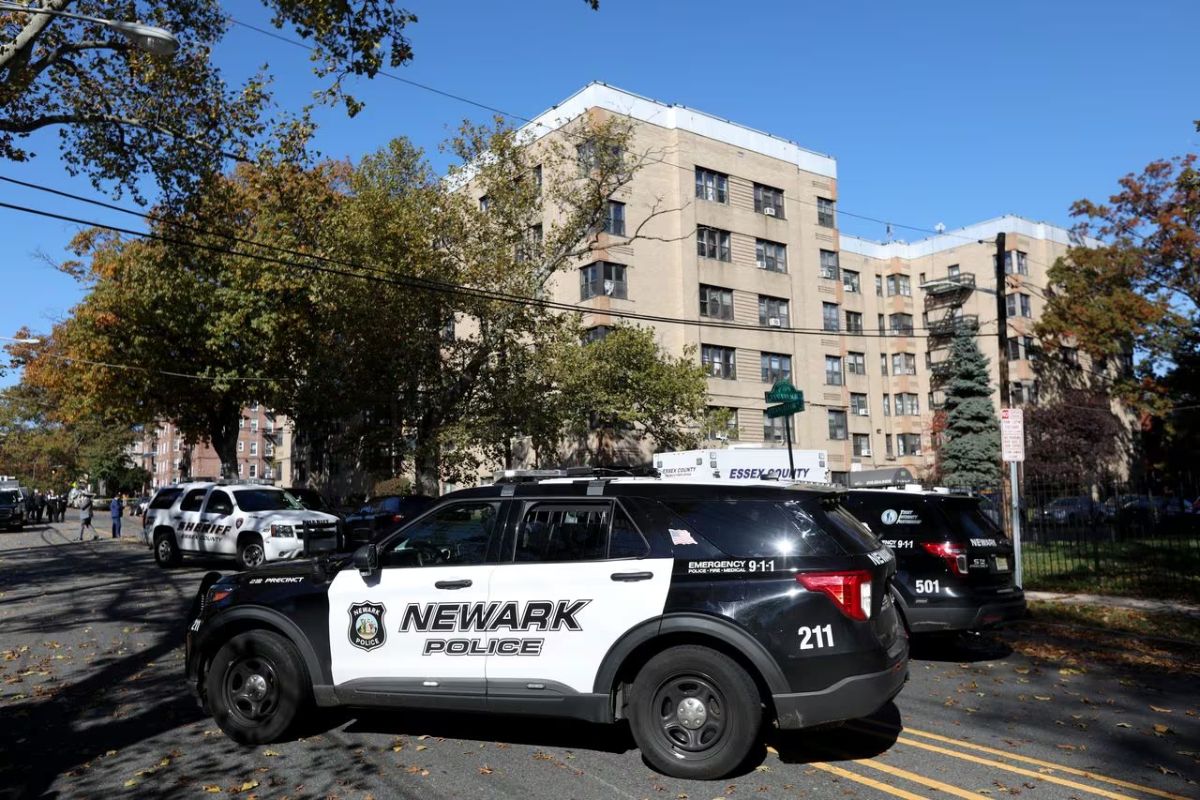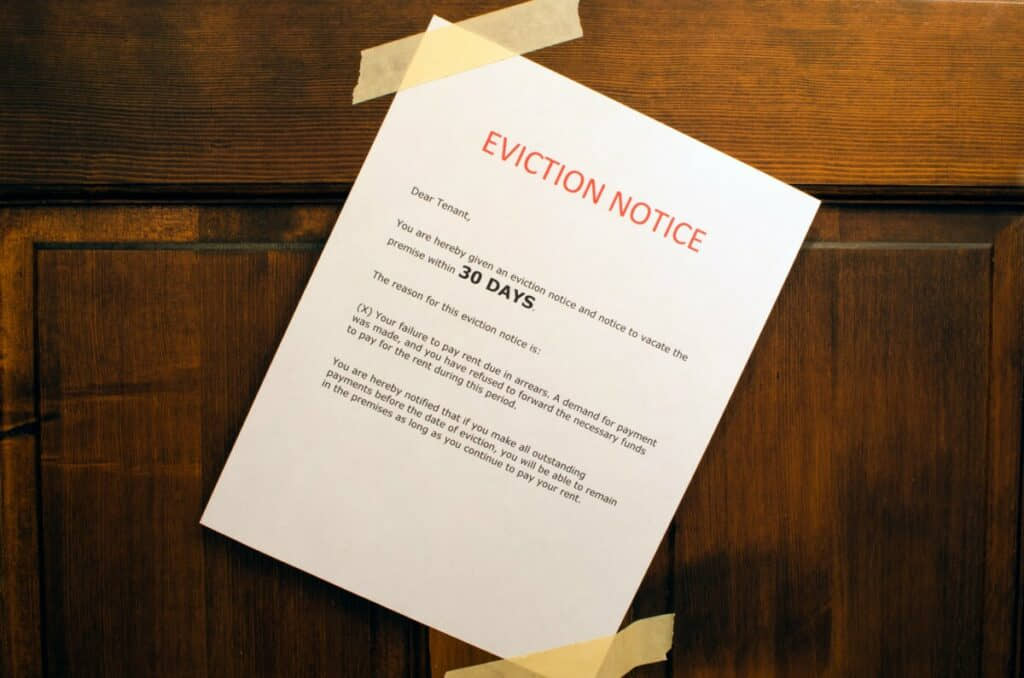When a fire spreads from a neighbor's property and causes damage to your home, it can be an emotionally and financially devastating situation. You may be left wondering if your neighbor is responsible for compensation.
In this article, we will explore the question can you sue neighbor for fire damage.
Can you sue neighbor for fire damage?
Yes, you can sue your neighbor for fire damage if it can be proven that their negligence caused the fire and resulted in damage to your property. However, winning such a claim can be challenging as you would need to provide evidence of their negligence or foul play.
Proving your neighbor's negligence would involve establishing that they failed to meet their duty of care, which directly led to the fire spreading to your home. Gathering evidence such as witness testimony, expert opinions, and documentation of the fire's origin is crucial for demonstrating your neighbor's liability in court.
Consulting a personal injury lawyer can help you build a strong case and determine whether pursuing legal action makes sense for your situation.
Related: Can You Sue An Apartment Complex For A Broken Elevator?
What type of evidence do I need to prove negligence?

To prove negligence, you need compelling evidence that demonstrates your neighbor breached their duty of care, directly causing the fire damage. Some key evidence to gather includes: eyewitness accounts of how the fire began, photos of the fire's origin point, expert opinions confirming negligence played a role, and records of past fires tied to your neighbor's unsafe behaviors.
Video footage, official reports, and your neighbor's statements can also be useful. Your attorney can help ensure you obtain all necessary evidence to strengthen the case for your neighbor's negligence being the root cause of the spread of fire.
What damages can I recover through a lawsuit?
If successful in a lawsuit, you may recover damages to compensate for your losses. This could include repair/replacement costs for your property, reimbursement of medical expenses if anyone was injured, and payment for short-term housing if displaced.
You may also be entitled to compensation for long-term effects like loss of property value and emotional distress. Your attorney can help determine the full scope of damages and aim to recover funds for all aspects of your financial and quality of life impacts. Thorough documentation of all your expenses is important to maximize potential damages won in a court judgment.
Can I make an insurance claim against my neighbor's policy?
In addition to a lawsuit, you may be able to seek compensation by making a claim with your neighbor's homeowners insurance company. Reviewing their policy can show if their liability coverage extends to fire damage caused to other properties through negligence.
When filing a claim, provide clear evidence linking your neighbor's negligent actions to the start of the fire. While an insurance payout may be simpler than a lawsuit, you still need strong proof of your neighbor's liability for the claim to be approved. Consulting a lawyer can guide the insurance claims process as well.
What alternatives exist to pursuing legal action?
While litigation may seem necessary, alternative dispute resolution methods offer potential solutions with less stress and financial cost compared to a lawsuit. Mediation involves a neutral third party helping facilitate discussions between you and your neighbor to find a mutually agreeable settlement.
It allows open communication to identify shared interests and reach a resolution without litigation. Considering mediation allows exploring options beyond an adversarial court case through a more cooperative approach. However, both parties must be willing to participate for mediation to effectively help resolve the dispute.
Conclusion
In the difficult situation of property damage due to a neighbor's fire, understanding your legal rights and options is imperative. While proving your neighbor's negligence for fire damage can be challenging, pursuing compensation through a lawsuit, insurance claim, or alternative dispute resolution may provide pathways for recovery.
Consulting an attorney experienced in property or negligence law can help determine the best approach based on your specific case details and goals.





